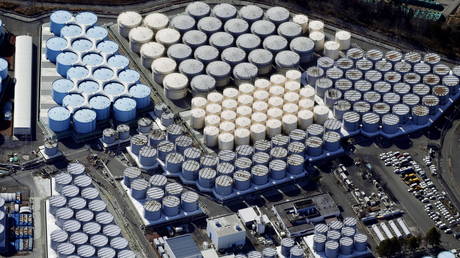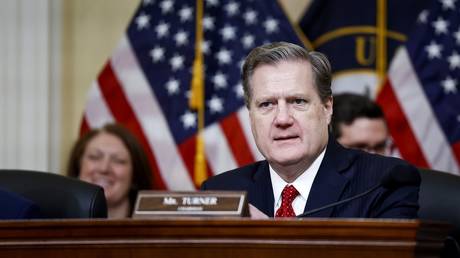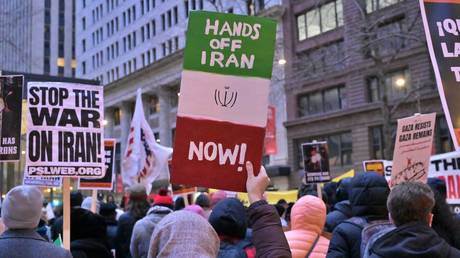
China has condemned the Japanese government’s decision to release tritium-contaminated water from the Fukushima nuclear power plant into the ocean as irresponsible, saying Tokyo “must not” do so without consultations.
“Japan has not exhausted safe disposal methods, regardless of domestic and foreign questions and opposition,” the Chinese Foreign Ministry said on Tuesday, calling the decision by Prime Minister Yoshihide Suga’s government to release a million-plus tons of wastewater into the ocean “extremely irresponsible.”
This will “seriously damage international public health and safety and the vital interests of people in neighboring countries,” Beijing said.
Japan “must not initiate the discharge into the sea without authorization until full consultation and agreement with various interested countries and the International Atomic Energy Agency [IAEA],” China added.
The government in Tokyo announced on Tuesday that it will allow the release of wastewater, containing the radioactive hydrogen isotope tritium, from storage tanks at Fukushima into the ocean in a year or two.
The Dai-ichi nuclear power plant in the Fukushima prefecture suffered a meltdown after being struck by a 9.0 magnitude earthquake and a 15-meter tsunami in March 2011. It was the worst nuclear disaster since the 1986 Chernobyl accident in the USSR.
The plant’s operator, Tokyo Electric Power Company (TEPCO) Holdings, expects to run out of storage space as early as fall 2022. The tritiated water has already been treated in a process that removes other radioactive materials, including the highly toxic strontium and cesium, TEPCO said. Japan has said there is no practical way to remove tritium from the water, and that the IAEA has endorsed its plan to dump the waste into the ocean.
Think your friends would be interested? Share this story!




